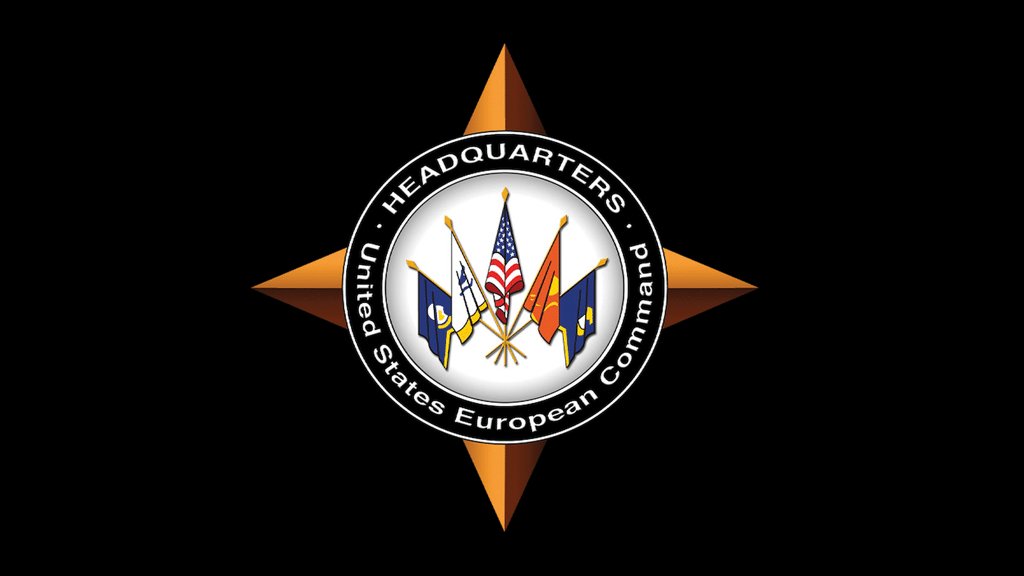In February, American military cyberspace experts joined forces with Swedish and Finnish counterparts Feb. 6-10 at Ramstein Air Base, Germany, as part of a cyberspace-technical exchange to improve partner-nation capacity in conducting defensive cyberspace operations.
The 41 military experts conducted four days of intensive trilateral information sharing at the Tacet Venari cyber range at Ramstein. Akin to operational ranges where aircraft and artillery crews test their equipment and crew capabilities, this world-class cyber range is a controlled virtual environment in which offense and defense practitioners can safely exercise tactics, techniques and procedures.
“This isn’t just about building awareness on resources and vulnerabilities,” said U.S. Army Maj. Andrew Cahan, a defensive cyberspace operations planner assigned to U.S. European Command’s Cyberspace Operations Division. “Exchanges like this give us an opportunity to build and maintain strong working relationships with our partners in Finland and Sweden.”
Hosted jointly by USEUCOM’s Cyberspace Operations Division and the Command’s Cyber Security Cooperation Branch, military cyber experts from U.S. Army Europe and Africa (USAREUR-AF), Defense Information Services Agency Europe, and USEUCOM’s Cyber Analytics cell joined Finnish and Swedish military officials to discuss best practices for network-based threat hunt tactics. Network-based hunt operations detect malicious cyber activity on U.S. and partner networks and generate insights that help bolster defense and increase the resilience of shared networks from cyber threats.
“It’s not just about securing your networks, you have to be able to actively defend them,” said Finnish Defense Forces Maj. Mikko Tuomi, a cyber-defense expert. “Engagements like this allow us to share best practices and know-how to repel versatile cyber threats.”
The event provided an opportunity for participants to cover various open-source intelligence tools and resources to enrich data for network hunt operations and overall improve cyberspace defense efforts. The trilateral exchange featured a combination of round table discussions and briefings, along with technical demonstrations from USAREUR-AF’s military cyber specialists and Finland C5 Agency’s Cyber Defense teams.
“The more we collectively share with one another, the more effective we will be in deterring adversaries from attacking our systems and defending against potential cyberattacks,” said Swedish Armed Forces Col. Thomas Höglund, deputy director Cyberdefense.
While Finland and Sweden await NATO membership, the U.S. has worked to increase defense capabilities with both nations to improve standardization and enhance interoperability across domains.
